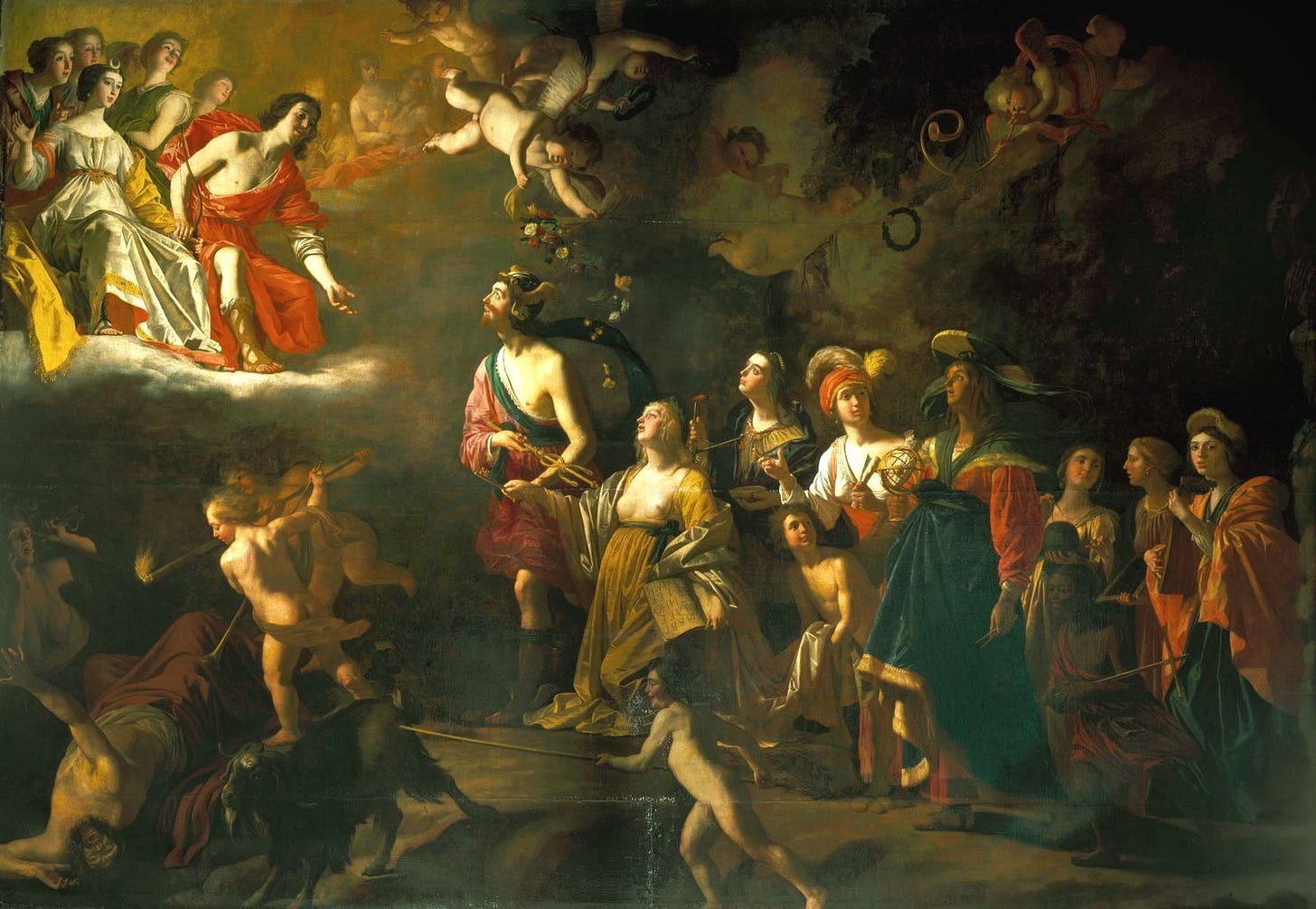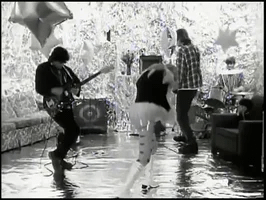III: Beyond Damnation
From No Brow by Linus N, (Johannesburg: No Brow Press, 2024):
The question would be: How do you identify the sentiments brewing in a zeitgeist, notice when another zeitgeist is emerging, or even when a particular zeitgeist is dying? I've observed that values like kindness, transparency, fairness, accountability, and the practice of ethical actions are now sentiments that are forever simmering in our collective consciousness.
Vulnerability is the currency of control. The more vulnerable people become, the easier they are to manipulate. And sometimes, this vulnerability isn’t of their own making—it’s woven into the structure of society itself. But the response has to be twofold: individuals must find ways to become less vulnerable over time, while societies must do the work of ensuring that certain conditions don’t breed vulnerability in the first place. By vulnerability, I don’t mean openness in expressing feelings or rejecting rigid masculinity—this applies to both men and women. I mean the vulnerability of hunger, poverty, curable illnesses, and hardship. I mean the kind that comes from years of psychological erosion by parents, employers, lovers, or community. The kind that makes you easy to control because you’re always in a state of need. Yet, vulnerability is an unavoidable fact of existence. From conception, we are dependent, and that dependence doesn’t end—it just shifts. If you’re lucky, provisions are made for you: stable parents, a functioning social system. If you’re not, your vulnerability only deepens. The infrastructure available to you upon arrival determines the kind of fighting chance you get. And that’s assuming you don’t come into the world with congenital conditions that put you at an even greater disadvantage. A child left unattended will harm themselves—not out of intention, but because they don’t know better. That’s why they need constant watching, nurturing, guidance. But that need doesn’t disappear with adulthood. It just changes form. The world doesn’t stop being dangerous. You just become more responsible for keeping yourself from walking into it blind. And even then, it’s not a solo mission. We re-tool ourselves through the people around us—friends, education, religion, politics, pop culture. The belief that one can ever be fully equipped for life is an illusion. You are always in some way underprepared, and that’s what keeps life unpredictable. The problem with psychology—at least the version that emphasises individualism—is that it puts everything at your doorstep. As if the environment isn’t the architect of so much of what we become. A toddler in the wild doesn’t stand a chance, and an adult raised in neglect, deprivation, or chaos will develop coping mechanisms that might baffle those who’ve never had to live that way. 🍎
Some transcend it, yes, but what percentage of people do? It’s never about the outliers—it’s about the majority. Take Nigeria, for example. The World Bank reports that 56% of Nigerians live in poverty. That’s over half the population. So what argument could possibly be made that every single one of them is personally at fault for their circumstances? I can read, write, navigate life in a way that affords me some level of protection—but that’s just the way the cards fell. It could have been different. I could have been different. Vulnerability is circumstantial. And it’s precisely this kind of vulnerability that religious leaders and politicians exploit. Because they promise to make us less vulnerable, or at least make us believe we’re not truly vulnerable at all. They tell us we’re fine compared to others, that our suffering is our fault, or worse—that it’s God’s will. The politician buys your vote for the price of a bag of rice. The religious leader sells you the promise of heaven since earth is already a lost cause. The despot, on the other hand, understands that he must rule by deepening vulnerability, not alleviating it. He must strip the people of resources, of self-sufficiency, of dignity—until they have no choice but to depend on him.This is exactly what Jim Jones did. He didn’t just lead a cult. He configured a society within a society, one where he controlled the terms of existence. He convinced his followers to give up everything—money, family, personal agency—on the promise of a better world. He knew that isolation is the final step in control. When there is no outside world left for you, what choice do you have but to stay? It’s the same reason women stay in abusive relationships. Not because they don’t want to leave, but because where do they go? What happens after they leave? Without shelters, without financial security, without a community to catch them, their vulnerability only shifts in shape. So many don’t leave because there’s no guarantee that what’s outside is any better than what’s inside. It’s not just an individual problem—it’s a structural one. Jim Jones understood that offering a sense of belonging to the abandoned is the easiest way to gain their loyalty. 🐉
He built an environment where race, background, and status didn’t matter—at least on the surface. In a country drowning in racial discrimination, he gave Black people a place to feel safe, seen, valued. He ran food kitchens, donated to hospitals, supported the police. On paper, he was a do-gooder. The cynical take? That these were all calculated moves to expand his influence. The generous take? Maybe he believed he was doing good, until his own paranoia turned it into something else. That’s the most chilling part about reading the stories of terrible people. There’s always a point, a moment, where you see the turn. Where a thought became a conviction, and a conviction became a disaster. Understanding that moment matters—not just to study history, but to recognize it in yourself. Because stupidity is one thing, but when it begins to cause harm, it crosses into cruelty. To keep his followers loyal, Jones faked miracles. Miracles were proof that God was present in their church, working through him. But eventually, the cracks showed. Some people wanted out. The world outside was beginning to take notice. Investigations loomed. And nothing makes a paranoid leader more dangerous than the fear of losing control. When Congressman Leo Ryan arrived to investigate the allegations, the cracks in Jonestown were already widening. The illusion of a utopia had shattered. Jones allowed 15 defectors to leave with the congressman—a magnanimous gesture, if you ignored the gunmen he sent to intercept them at the airport. The result was predictable: a massacre. A few escaped, but the message was clear: nobody leaves Jonestown alive. That was the moment. The moment when even Jones, in whatever corner of his unraveling mind, must have realized there was no undoing what he had done. He was precisely what many people had accused him of being. So, he did what all cornered people do—he doubled down. He instructed his followers to prepare a lethal mix of poison, framing the impending mass suicide as an act of protest against an unjust world. As if there were no other forms of protest that didn’t involve death. In the end, 909 people died—not just from poison, but from years of psychological conditioning, the gradual erosion of personal agency, and a leader whose desperate attempt at control ensured that by the time the order came, there were no real choices left. 🧨
Thanks for reading. If there's anything you'd like to chat about, or if you have any questions, feel free to shoot me an email. I'd love to hear from you. :) 🍿





